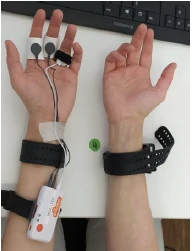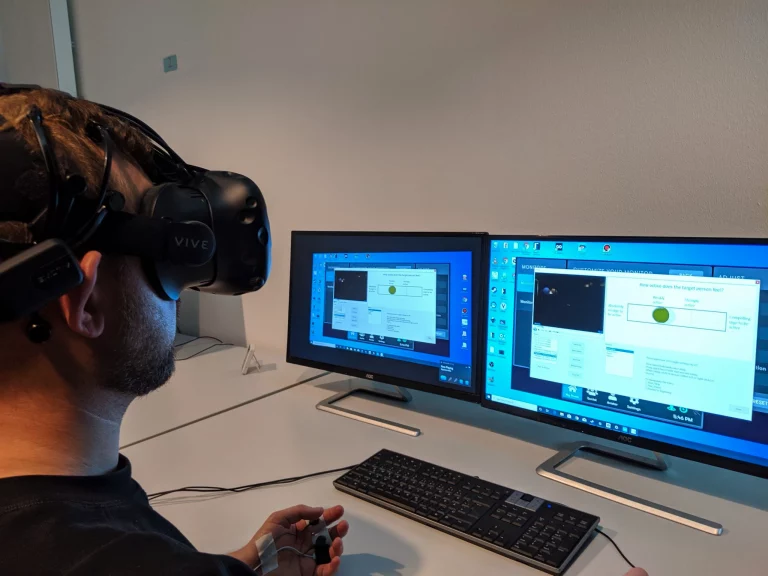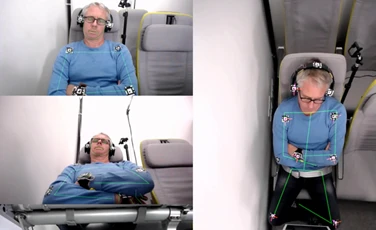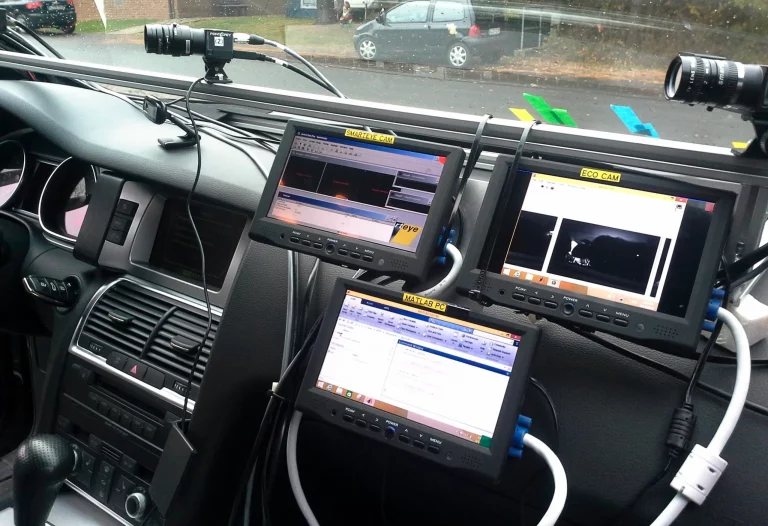Psychophysiology
What is Psychophysiology?
Psychophysiology explores the relationship between physiological signals – generated by the body and the brain – and psychological processes such as perception, emotion, and cognition. Mental states are assessed using non-invasive measurements from various parts of the body, allowing for objective insights into internal processes.
As a complementary method to self-report and behavioral data, psychophysiology offers additional layers of evidence, particularly in areas where conscious access or verbalization is limited.
IXP has integrated psychophysiological approaches since its founding and has built extensive expertise in their application and analysis. Across numerous projects, we have gained deep experience in capturing and interpreting biosignals to investigate cognitive load, emotional states, stress, attention, and well-being in both laboratory and real-world contexts.
Implications
Human cognitive and emotional processes are closely linked to peripheral physiological changes – such as hormone release and the activation or inhibition of the sympathetic nervous system. These changes can be captured through electrophysiological signals using body-attached sensors.
A major challenge in this context is the reliable and interference-free acquisition of data. Physiological signals are highly susceptible to artifacts caused by muscle activity, sensor displacement, or external movement. Such interferences can significantly distort measurements and complicate data interpretation.
Therefore, it is essential to account for these artifacts in the design and development of physiological measurement systems. High-quality, holistic testing procedures are a central requirement to ensure the accuracy, robustness, and real-world applicability of these technologies.
Benefits
Psychophysiological measurements enable a deeper understanding of the affective and cognitive states that underlie the interaction between body and mind. By combining scientifically validated methods with state-of-the-art measurement technologies, it becomes possible to uncover subtle changes – such as shifts in emotional states or micro-expressions – that often remain below the threshold of conscious awareness.
These insights can be applied across various domains, including medicine and healthcare, as well as product and service development. In particular, psychophysiology offers valuable tools for identifying optimal conditions for personalized user experiences – helping to align technological solutions more closely with human needs and responses.
Get an Insight
Psychophysiology

0:16

0:16

0:16
Successful Projects
Psychophysiological data collection (EEG, EDA, ECG)
A predictive modelling techniques and pattern recognition-based approach





